The debut of our fully functioning hydrogen Hilux prototype in September 2023 demonstrated the breadth of technologies Toyota is applying in its progress towards carbon-free mobility. Now we are delighted to report that this ground-breaking project has moved into its final phase of development.
Ten fuel cell Hilux prototypes have been built at the Toyota Motor Manufacturing UK (TMUK) facility in Burnaston, Derbyshire. Five will undergo rigorous field testing to assess safety, performance, functionality and durability, generating test drive data in real-world situations. The other five are destined for customer and media demonstrations.
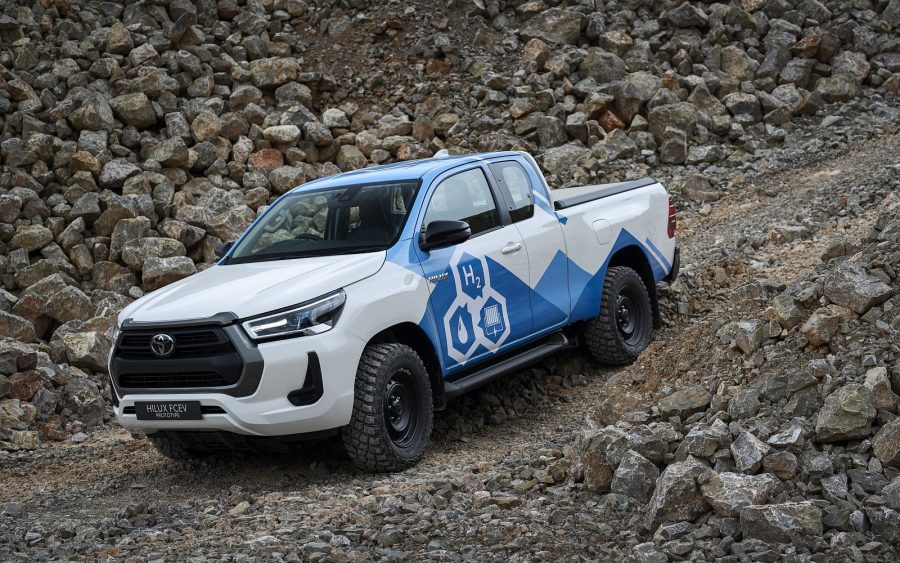
Know-how gained from the Hilux project will combine with Toyota’s 30 years of hydrogen fuel cell development and contribute to the next generation of fuel cell technology.
Hydrogen Hilux: vehicle profile
The hydrogen Hilux showcases how fuel cell technology can be integrated into a pick-up. Externally, it is the same size as a regular Hilux with an extra cab body. But beneath the surface, the chassis integrates core elements from the Toyota Mirai hydrogen fuel cell electric saloon – technology that has proved its quality in almost ten years of commercial production.
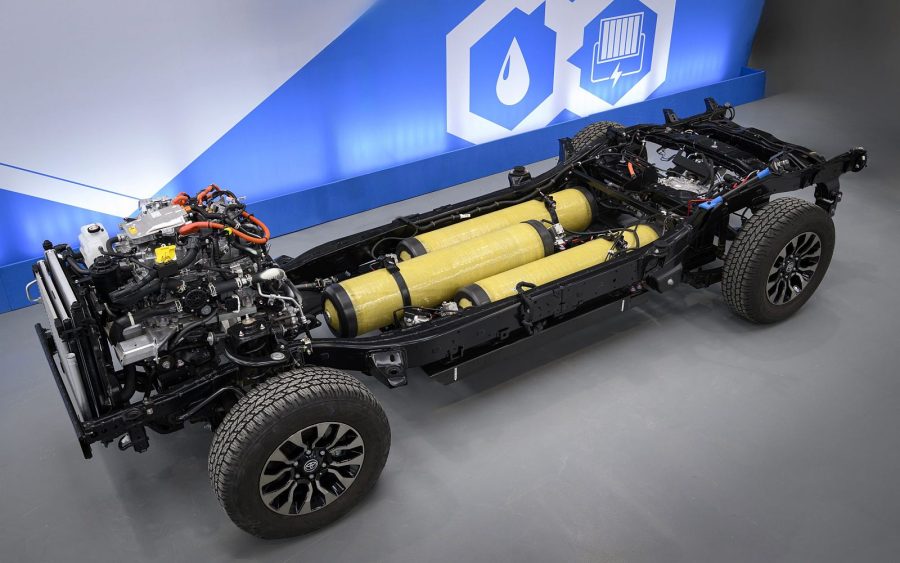
Hydrogen is stored in three high-pressure fuel tanks mounted within the vehicle’s ladder frame chassis. Each tank contains 2.6kg of liquid hydrogen to give a total capacity of 7.8kg, which is enough to offer an expected driving range of up to 373 miles. The polymer electrolyte fuel cell stack contains 330 cells and is mounted above the front axle. A lithium-ion battery in the rear load deck stores the electricity produced by the fuel cell, which in turn powers a 134kW (180bhp) and 300Nm e-motor on the rear axle. When driven, the fuel cell produces no tailpipe emissions other than pure water.
Hydrogen Hilux: provisional technical specifications
| FUEL CELL STACK | |
| Fuel cell type | Polymer electrolyte with 330 cells |
| Fuel cell power output (kW/bhp/DIN hp) | 128/172/174 |
| MOTOR GENERATOR | |
| Motor type | Permanent magnet, synchronous |
| Motor power output (kW/bhp/DIN hp) | 134/180/182 |
| Max. torque (Nm) | 300 |
| BATTERY | |
| Battery type | Lithium-ion with 84 cells |
| Capacity (Ah) | 4.0 |
| FUEL TANKS | |
| Number of tanks | 3 |
| Total capacity (kg) | 7.8 (3 x 2.6) |
| SUSPENSION AND STEERING | |
| Suspension | Double wishbone front, de Dion rear |
| Steering | Electric power steering |
| EXTERIOR DIMENSIONS | |
| Overall length (mm) | 5,325 |
| Overall width – exc. mirrors (mm) | 1,855 |
| Overall height (mm) | 1,810 |
| Front / rear track | 1,570 / 1,570 |
| Wheelbase | 3.085 |
Project history
The hydrogen Hilux project began in early 2022 with a feasibility study undertaken by TMUK and Toyota Motor Europe with consortium partners Ricardo, European Thermodyamics, D2H Advanced Technologies and Thatcham Research. Funding was subsequently gained from the UK government facilitated through the Advanced Propulsion Centre. Additional support was also provided by Toyota Motor Corporation.
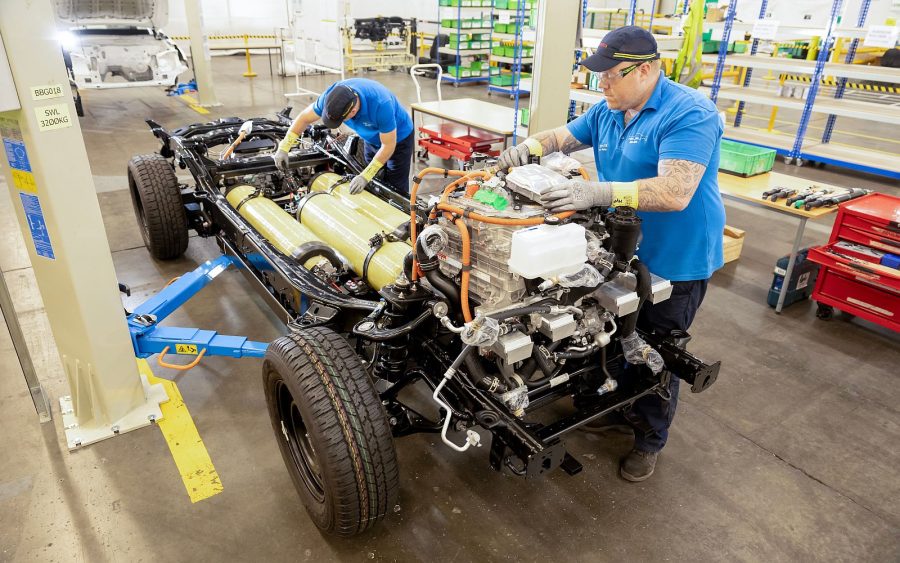
An intense design and development programme commenced in July 2022. But it wasn’t until June 2023 that construction of the prototype actually began, with work taking place in a dedicated area within TMUK’s Burnaston facility. Using efficient Toyota Production System principles, the first vehicle was completed just three weeks later. The nine additional vehicles were built by December 2023.
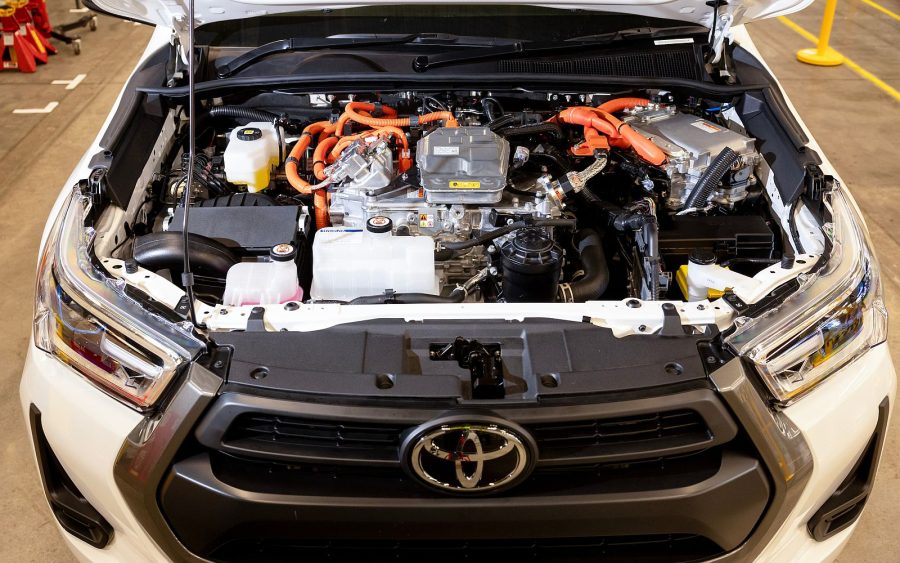
What will next-generation hydrogen technology look like?
Toyota’s industry-leading research and development in hydrogen fuel cell technology led to the launch of the original Mirai in 2015. Five years later, the next-generation Mirai introduced second-generation technology, which extended the car’s driving range by 30% to around 400 miles. It is this technology that underpins the hydrogen Hilux.
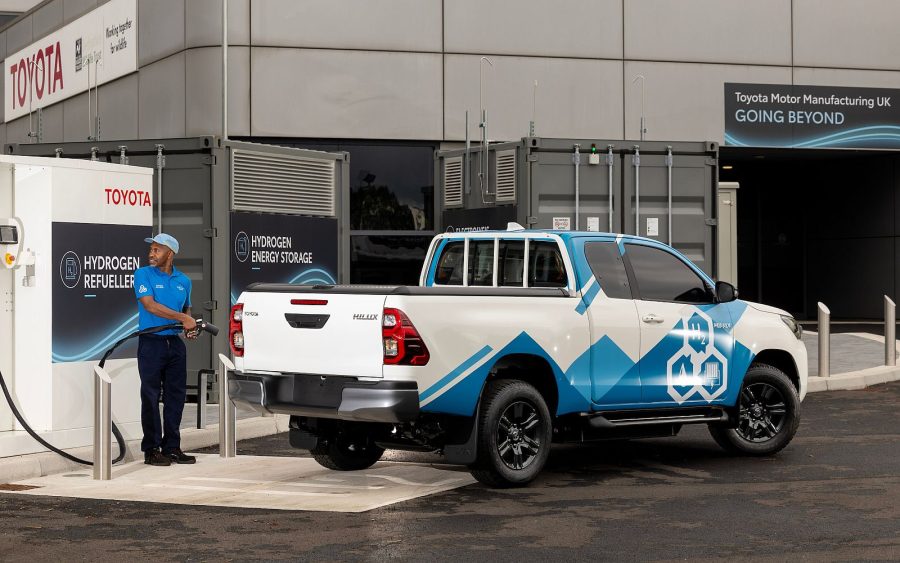
However, third-generation fuel cell technology is currently under development. It represents a key element in Toyota’s plan for expanding hydrogen usage, with sales scheduled to commence in 2026-27. These units will have a higher power density and enable an expected 20% increase in vehicle driving range, while technical advances and increased production volumes could help to reduce costs by more than one third.
Research is also progressing on the potential of creating scaleable fuel cell stacks with different power outputs. Toyota engineers are also looking at making fuel tanks with shapes more complex than the existing cylinders, which will make the technology more compatible with different size vehicles.
Learn more: How do hydrogen fuel cells work?
This article, originally published in December 2022, was updated in September 2023 and June 2024 to reflect the latest project developments.
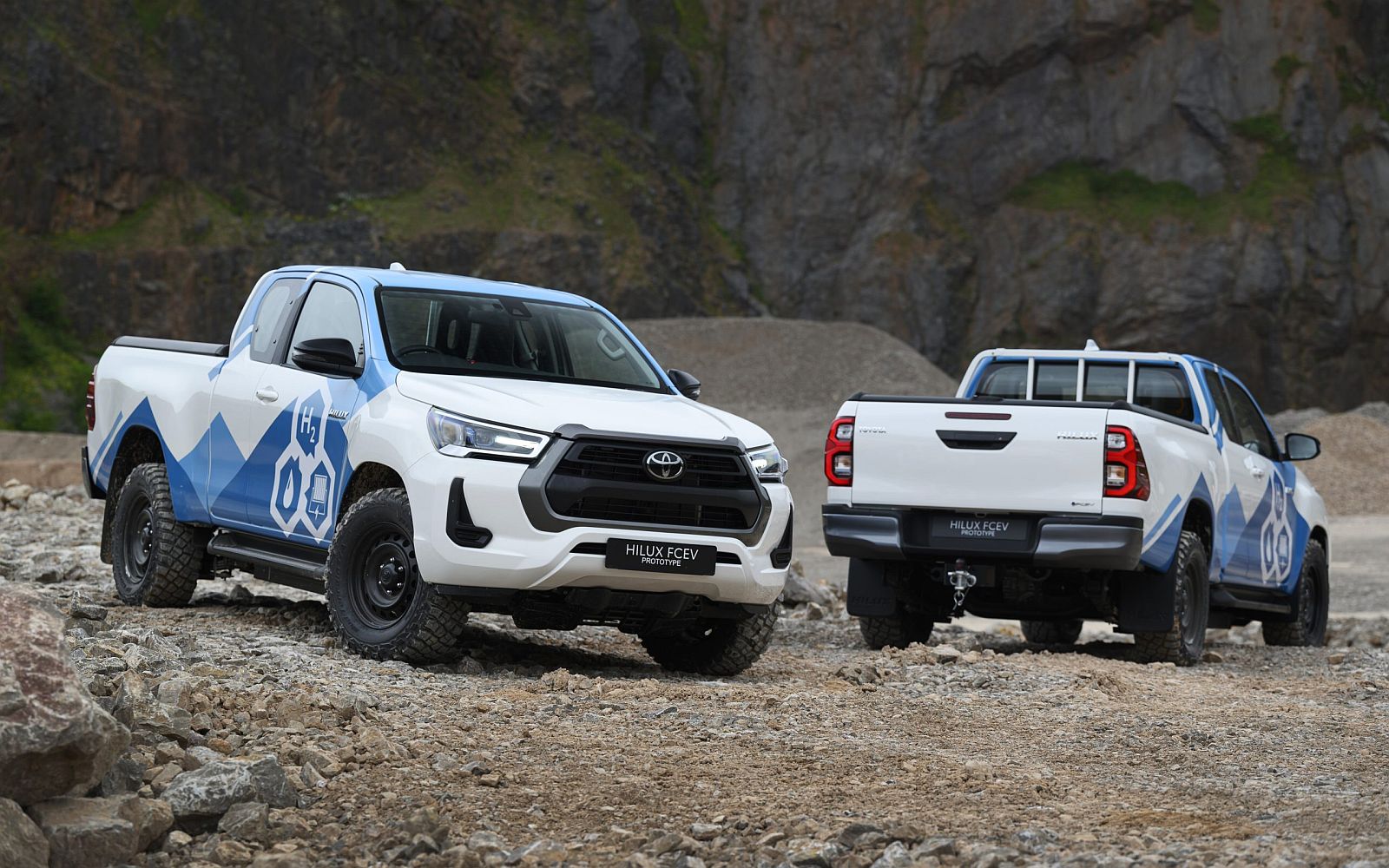
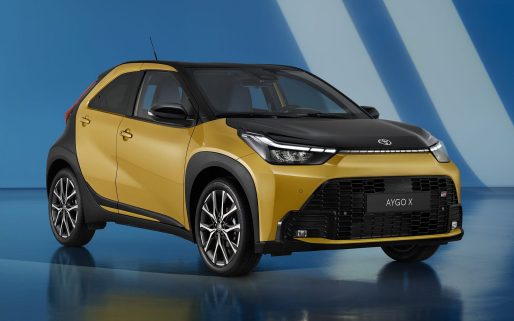

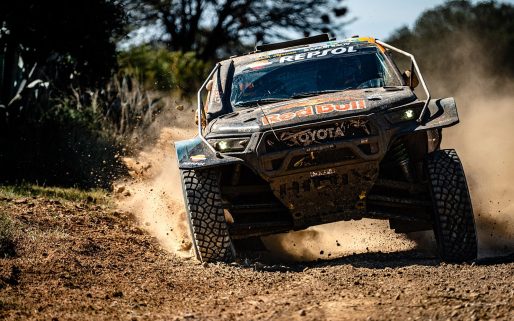
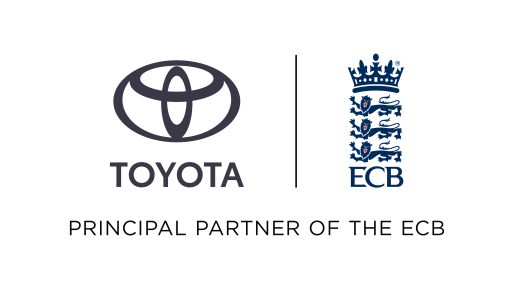
I am a current owner of a Hilux and will definitely switch to H2 when available. With only a few H2 stations around, how do Toyota plan to deal with this problem assuming storing H2 cells anywhere other than in a controlled environment will not be allowed for Health and Safety reasons, and we know how powerful the H & S people are!
I am A Project Manager for an International Pipeline Contractor. The Toyota Hilux and Toyota Land Cruisers have provided a reliable support to our Construction Crews over the full world in very difficult conditions
Hydrogen Pipeline Construction Projects will become a reality in the next few years in UK, France, Spain etc… It will be great to count on a H2 Hilux.
Very interested to get some additional information to include this vehicle in our future offers to Gas Companies.
I am a farmer in North East Scotland and have been interested in the production and use of Hydrogen for many years
I have wind turbines producing up to 10MW. of electricity, and My next step is to produce Hydrogen, and acquire a Hydrogen Pick up for use on my farm, also to further develop the production of both Hydrogen and Ammonia on my farm for local use.
Hi David, thanks for sharing your experience with us.
It’s always great to hear how people are using alternative fuel sources in their day to day life. Are you familiar with our Woven City project?
That is a very large scale Hydrogen project which is really pushing the limits of what we can achieve with Hydrogen. Plenty of articles here on our Mag regarding it!
Thanks,
Toyota UK
Well done in developing this hydrogen Pick up
I am a farmer in Aberdeenshire, with my own wind turbines and solar panels, and have been looking forward to producing Hydrogen on my farm, and running a Hydrogen pick up, for many years
I hope you will consider me for one of your pickup’s when you put them out for further trials
David
Not entirely true. Those vehicles came from Toyota South Africa.
https://www.carmag.co.za/news/industry-news/toyota-uks-hydrogen-hilux-started-life-out-in-south-africa/
Fantastic news…
In the future I believe the technology to run a hydrogen based propulsion system using water alone and splitting it into hydrogen and water is within our reach. Are Toyota working on such a game changer?
We’re working on a whole host of different projects, including the large scale Woven City. We’ve also had the Hydrogen fuelled Mirai in our line up for almost 10 years now.
Defo keen on a h2 hilux .
Currently running a 2020 hilux and love it but my money is on hydrogen
We operate our communications networks on the west coast of Scotland (Oban) where we have a hydrogen production plant and station (wind powered) being built on the outskirts of town. A huge and exciting investment in the future of our rural area.
We design, build and maintain renewables powered off grid systems for our network relay sites. Hydrogen is going to be put to good use for producing clean energy. Hopefully we can swap out our fleet of diesel Hilux for these Hydrogen powered beasts soon!